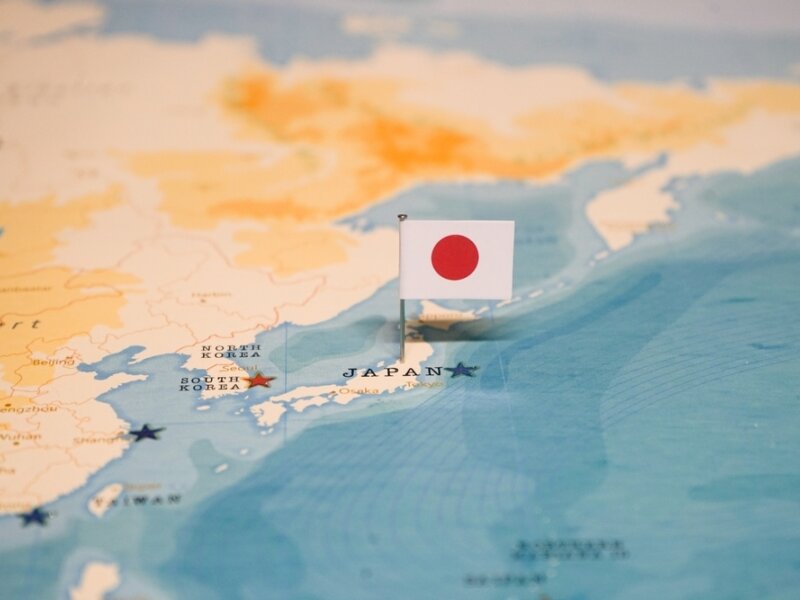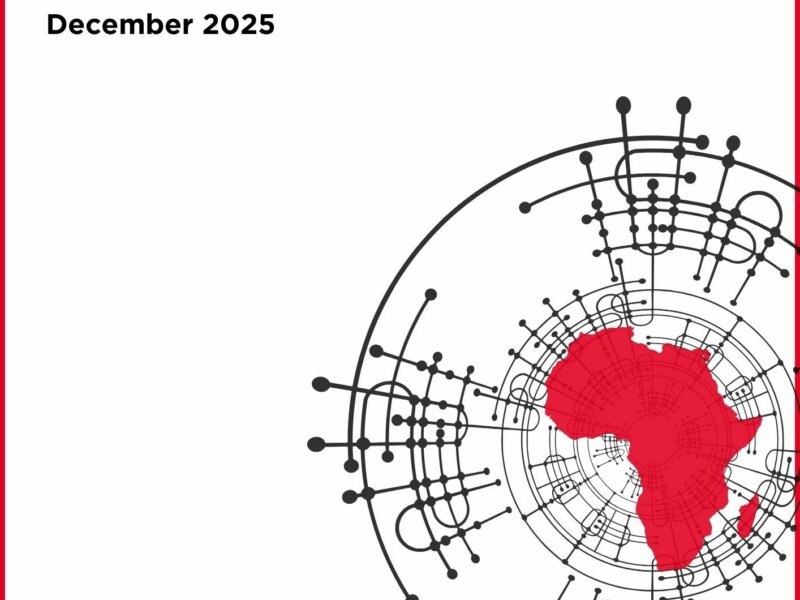Afghanistan amid terrorism and insecurity more than two years after the fall of Kabul
The country continues to host the headquarters of several terrorist organizations, with serious repercussions for the security of the surrounding area and for Pakistan in particular

Kachor Valentyna / Shutterstock.com
The recent news coming from Afghanistan and Pakistan confirm the precarious situation regarding the existing instability and security issues, and the tensions between the two countries. This is particularly due to the frequent initiatives of some terrorist groups present in the area, which have repeatedly hit Pakistan, often exploiting Afghanistan as a logistical base.
Afghanistan, more than two years after the establishment of the Islamic Emirate by the Taliban, is witnessing a persisting chronic instability regarding security, a profound economic crisis, and sectarian violence perpetrated by the regime. Currently, the Taliban’s control over the territory of Afghanistan seems to be based on the firm oppression of internal dissent and, from an economic point of view, on the collection of taxes, the sale of some natural resources to neighboring countries - primarily oil and lithium to China - and on the revenues deriving from illicit activities such as smuggling and drug trafficking. In this regard, the production of synthetic drugs, such as methamphetamine, is increasing, after the country had been the world’s leading producer of opium derivatives for years.
The already precarious internal situation was further aggravated in October 2023 by a violent earthquake which, according to estimates by the World Health Organization, caused several thousand deaths and injuries, although the precise number remains uncertain given the unreliability of local sources. The epicenter of the earthquake was recorded in the Western regions, near the city of Herat, where was headquartered the Italian contingent engaged in the international operations ISAF and Resolute Support - that ended respectively in 2014 and 2021.
On the external level, since the fall of Kabul in August 2021, no international actor has recognized de jure the government of the Taliban, thus creating a condition of isolation. However, several countries in the region have adopted a pragmatic approach in their relations with the Islamic Emirate. These countries aim to decrease the risks of terrorist spillover and secure resources, infrastructure, and projects that pass through or in some way affect the territory of Afghanistan, such as the Belt and Road Initiative or the TAPI (Turkmenistan-Afghanistan-Pakistan-India) gas pipeline.
The country, in fact, continues to house numerous terrorist groups that are active in most of the Asian continent, such as the Pakistani Taliban Movement (Tehreek-e-Taliban Pakistan - TTP), the Islamic State of the Khorasan Province (ISIS-K), Al Qaeda, its subdivision in the Indian Subcontinent AQIS, the East Turkestan Islamic Movement (ETIM), Jamaat Ansarullah and other smaller groups.
In particular, China, India, and the five states of Central Asia – Kazakhstan, Uzbekistan, Turkmenistan, Kyrgyzstan, and Tajikistan – are the actors that have sought to maintain contacts with the Taliban regime, with an often pragmatic approach, even at an international level. For example, the leaders of Chinese diplomacy have met several times with the Foreign Minister of the Islamic Emirate, Amir Khan Muttaqi. Moreover, in September 2023 Beijing appointed its ambassador under the Taliban government, while on January 30, 2024, it formally accepted the credentials of the new envoy sent by the Taliban regime. China thus became the first country to take such a step since 2021. Similarly, just a few days ago a delegation from New Delhi met with Muttaqi and other senior Taliban officials to discuss issues of bilateral interest, ranging from trade to the possible reopening of the embassy in the Indian capital.
Among the five countries in Central Asia, Kazakhstan removed the Taliban from its list of terrorist organizations on December 29, 2023, after a business forum was held in Astana in August to strengthen economic-commercial ties between the two countries. As of March 2023, some officials from Uzbekistan have traveled to Afghanistan to discuss the Qosh Tepa canal under construction on the Amu Darya River. The Qosh Tepa canal is an infrastructure project commissioned by the Taliban regime for agricultural purposes which, by diverting water from the main river in Central Asia, risks to further worsen the region’s precarious water situation.
The country whose relations with the Islamic Emirate deteriorated the most was Pakistan. Despite the presence of an important Pashtun component in the Western regions, and the role played by Islamabad both in the war of liberation against the Soviets and in the following years, in recent months bilateral relations have tightened due to the frequent terrorist attacks that have hit the country. Many of these attacks were claimed by the terrorist organization TTP, also active in Afghanistan and accused of being linked to the Taliban regime, although formally independent from it. To try to overcome this critical situation, Pakistan ordered in October 2023 the expulsion of over 1 million Afghans present in its territory. However, this move did nothing but increase the tensions and further exacerbate relations with Kabul.
The most recent terrorist attack, which occurred on March 16 in the North Waziristan district, where 7 Pakistani soldiers were killed, further confirms this tense situation. In fact, it brought Islamabad to conduct air strikes on Afghan soil to target those responsible for the attack.
Afghanistan, more than two years after the Taliban returned to power, therefore confirms itself as an incubator of insecurity. Although isolated internationally (de jure), the active presence of terrorist groups in the country remains one of the most relevant critical elements of the entire Asian continent, with particular consequences for the surrounding countries. The evolution of relations and tensions with Pakistan undoubtedly remains one of the most relevant and most attention-grabbing elements, also due to the implications they could potentially suffer.



